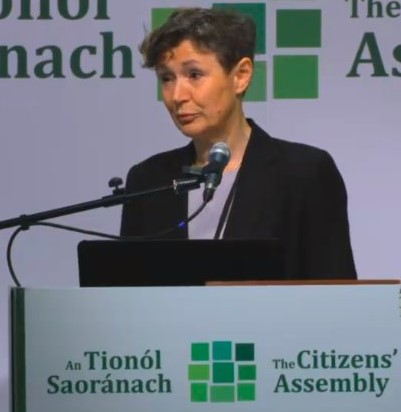
Ireland’s restrictive abortion regime is damaging the mental health of all Irish citizens, not just women enduring crisis pregnancies, the Oireachtas abortion Committee heard yesterday. Consultant psychiatrist and professor of clinical psychiatry Veronica O’Keane said the pro-life Amendment to the Constitution had a negative affect on the mental health of pregnant women who were already at high risk of depression. “I would go further and say that the mental health of every person in Ireland is being damaged by the Eighth Amendment…We are all shamed by the current situation,” she said. Professor Patricia Casey was also scheduled to speak to the Committee yesterday on the same topic, but pulled out as she said the process was a sham and she did not want her appearance to be exploited to give a veneer of legitimacy to the proceedings.
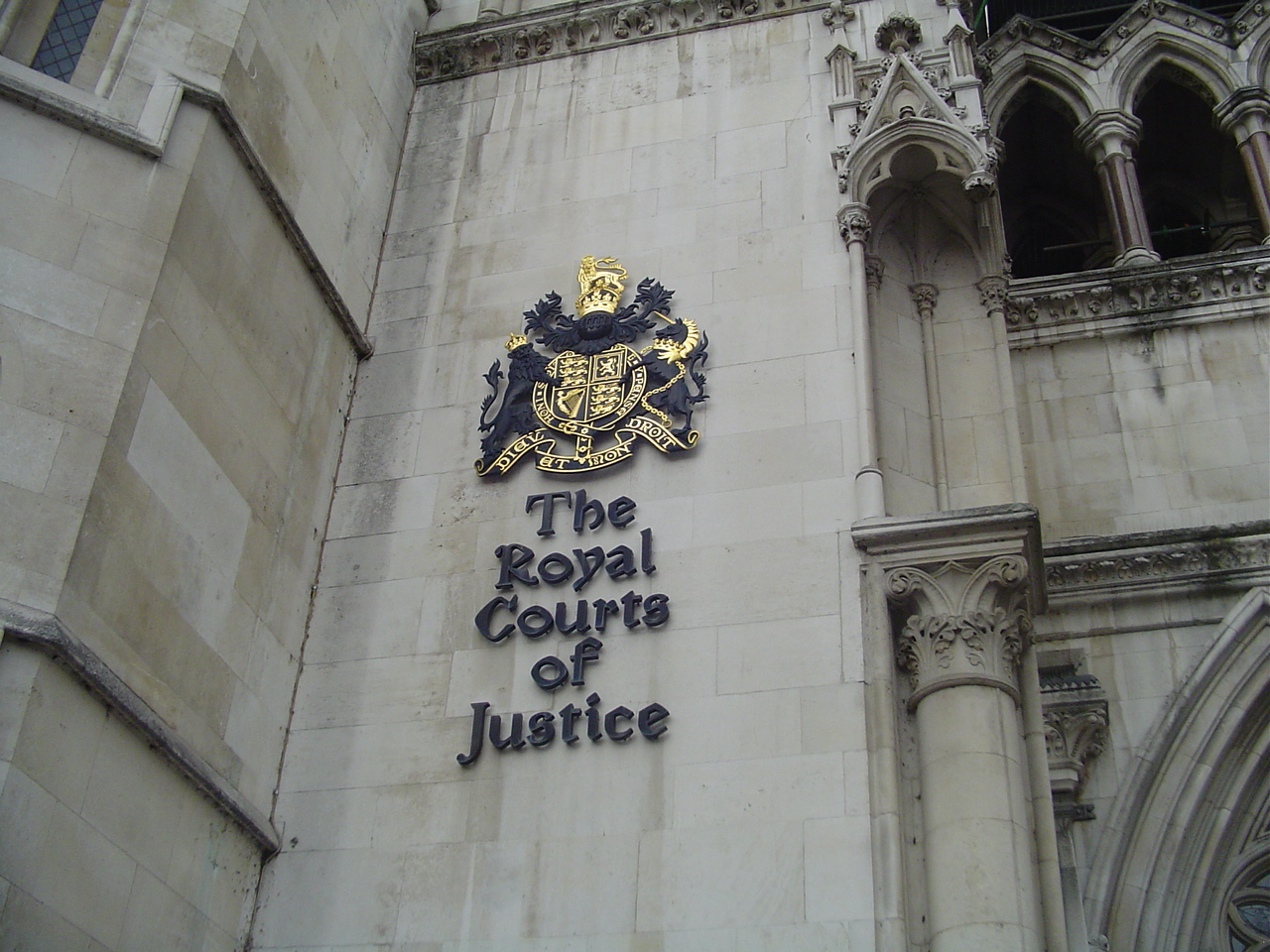
The UK Supreme Court has been told that Northern Ireland’s pro-life law is incompatible with the European Convention on Human Rights (ECHR) as it discriminates against women, breaches their personal autonomy and amounts to a form of torture. This is despite the fact that the ECHR makes no mention of abortion.
The case is being brought by the Northern Ireland Human Rights Commission (NIHRC), represented by Nathalie Lieven QC, who argued that the abortion law discriminates against women and girls on the grounds of their sex and was an unjustified breach of their right to personal autonomy. She said it was also in breach of Article 3 of the ECHR, which forbids torture and “inhuman or degrading” treatment or punishment. She said the law criminalises “exceptionally vulnerable” women and girls, causing “trauma and humiliation” at the moment of their greatest vulnerability. “The impact of the criminal law in Northern Ireland does amount to inhuman and degrading treatment by the state,” she said. Britain’s 1967 Abortion Act does not extend to Northern Ireland, where abortion is illegal except where a woman’s life is at risk or there is a permanent or serious danger to her mental or physical health.
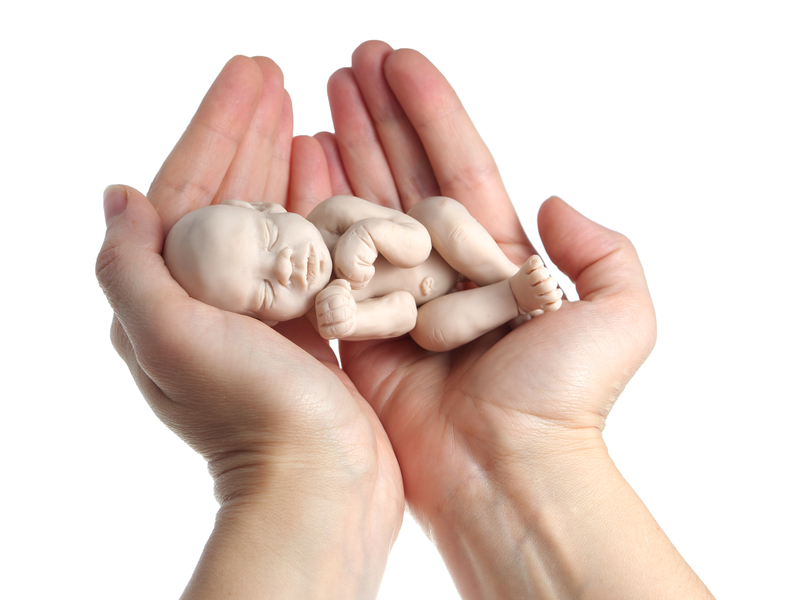
The Oireachtas committee examining the Eighth Amendment is to be told of the legal difficulties in allowing abortion in the cases of rape. Tom O’Malley, a senior lecturer in law at National University of Ireland, will tell the committee that the difficulty lies in deciding what is required for an allegation of rape to be accepted as such, adding that consideration would have to be given to the kind and level of proof that would be needed.
At one extreme, nothing less than a conviction by a criminal court would suffice and at the other extreme, a simple assertion by the woman that she had been a victim would be sufficient, he adds.
The Committee will also hear from a group called “Terminations for Medical Reasons”, a group of parents who have been affected by pregnancies where the baby in the womb was diagnosed with a foetal impairment. Describing themselves as feeling like “medical refugees” they will recount their difficulties in bringing home the remains of their babies in make-shift coffins.
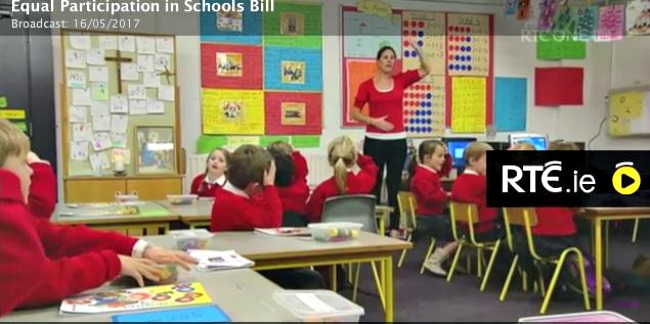
Pupils who opt-out of religion in community and comprehensive secondary schools must be given “a proper timetable of beneficial work” under new rules from the Department of Education. Previously, children often sat in the class during religious instruction and some schools stopped them studying other subjects, wearing headphones or completing schoolwork. Some schools run by Tipperary Education and Training Board, for example, stated that such children should not have access to other classes, as it would give them an “unfair advantage”. The new rules, which have not yet been released, are likely to insist that children be provided with access to meaningful education or a time-tabled class on another subject on the curriculum, according to officials at the Department who spoke to the Irish Times. [2] Some school administrators, privately, say that numbers opting out of religion could climb dramatically if students have access to extra classes for exam subjects.
Sean Ó Foglú, in a speech last year to the Association of Trustees of Catholic Schools, said schools needed to prepare for situations where “a majority of students may wish to withdraw and where religious instruction and worship may be required by a minority, if at all”.

By the end of the year Northern Irish women will have the right to access free abortion services in England, and a central telephone booking system will be set up for women to arrange their abortion appointment. Furthermore, those on incomes of less than £15,276 or receiving income support will now also get their travel and accommodation paid. The plans were detailed by Justine Greening, the UK equalities minister, who had said in June that it was an injustice that women from Northern Ireland had to pay for abortions in England when their Anglo, Scottish and Welsh counterparts had them free via the NHS. The move was welcomed by Labour MP Stella Creasy who said women in Northern Ireland were being denied a basic human right and the new scheme was a step forward. “Today we also pledge to keep standing with them until they have equal access to abortion services in Northern Ireland itself,” she said. “Our sisters need to have their human rights to be upheld and we won’t give up until they have so.”
On Tuesday, the UK’s supreme court will hear a case to overturn the restrictions on abortions in Northern Ireland on the grounds that the laws breach human rights.
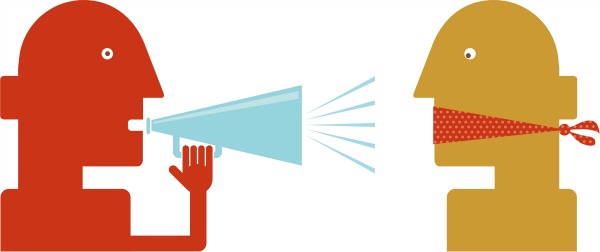
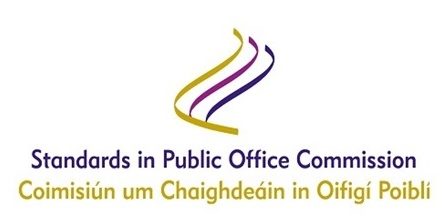

Health Minister Simon Harris has said the State will fund abortions in public hospitals if the Eighth amendment is repealed and a law introduced that treats abortion as a health service available on request. “I believe if the people make a decision about a health service, it should be available in the public service,” he said.
He also indicated that he also expects Catholic and other religious hospitals to routinely provide abortions should they become a legally available “health service” under any new law. He said he did not believe that religious ethos would see some hospitals opting out, and pointed to the experience of the operation of the Protection of Life During Pregnancy Act is that publicly funded facilities operate under the law of the land.
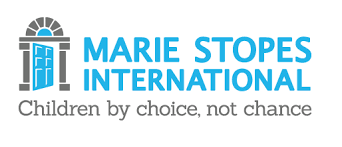
A Government oversight body has found that Marie Stopes abortion clinics in the UK paid its staff bonuses to pursue women who had cancelled their abortions in hopes of signing them up for a new appointment. According to the report by the Care Quality Commission, staff felt “encouraged” to ensure women went through with abortions because it was “linked to their performance bonus”. Inspectors found evidence of a policy – in place across all 70 Marie Stopes clinics in the country – whereby staff were told to call women who had decided not to have an abortion, and offer them a new appointment.
Staff at one centre told CQC inspectors the clinic was like a “cattle market” and described a “very target-driven culture”. Parents, partners or friends of women thinking about having an abortion were “seen as an inconvenience” and “their presence strongly discouraged”, the report said.
Reactions from politicians and campaigners were a mixture of shock and condemnation. Conservative MP Fiona Bruce said: “It is shocking to hear that, at what is often such a difficult and stressful moment, abortion clinics are taking advantage of pregnant women by seeking to do as many abortions as they can, rather than seeking to give genuine, non-directional counselling and advice. This completely undermines the legitimacy of these publicly funded organisations, and must be investigated.”
Clara Campbell, from the charity Life, said: “This exposes the true income-seeking nature of the abortion industry. A conveyer-belt culture has pervaded the industry for many years and Marie Stopes International is a good example of this.”
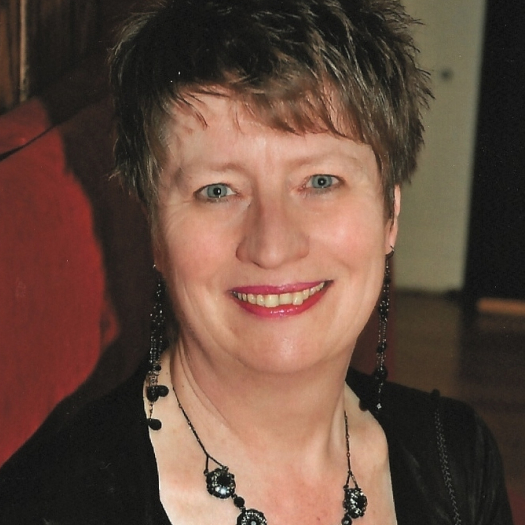
Mater Hospital Consultant Psychiatrist, Patricia Casey, has withdrawn as an expert witness from the Oireachtas Committee on abortion as she is unwilling to legitimise a sham process that she describes as “deeply imbalanced” and manipulated to arrive at a predetermined conclusion. Professor Casey is also a Patron of The Iona Institute.
She was due to present research evidence to the Committee showing that abortion does not protect women’s mental health, but she has now withdrawn. In a statement released to the press, Professor Casey said the process of the Committee has been so arranged as to reach a pre-set decision without a balanced consideration of any contrary evidence. She evidenced the overwhelming number of speakers on the pro-choice side and the paltry number of those with a pro-life or neutral perspective. She continued: “I believe the Committee is failing Ireland’s unique European position in providing protection for the rights of an unborn child and is failing in its duty to Ireland to fairly consider evidence that runs contrary to its fixed and inevitable conclusion that the Constitutional protections for the unborn child should be abandoned.
“I will not add any further credence to this deeply flawed process or to its inevitable and equally flawed conclusion that a referendum is required to repeal the 8th amendment without any meaningful Constitutional protection for the unborn child.”
Professor Casey said in her opinion the committee has adopted as its primary purpose a determination to repeal the 8th Amendment and to that end is intent on advocates of that position being favoured over independent experts. She suggested the Committee had “failed” in its stated purpose of conducting a balanced hearing and concluded: “The great tragedy is that this failure is designed to reduce the Constitutional protection of Irish unborn children. The public are being manipulated and in conscience, I cannot be used by it to legitimatise its pre-determined outcome.”